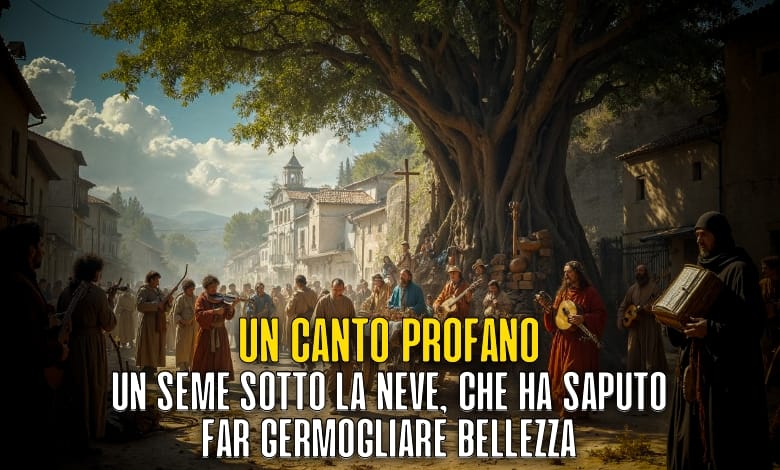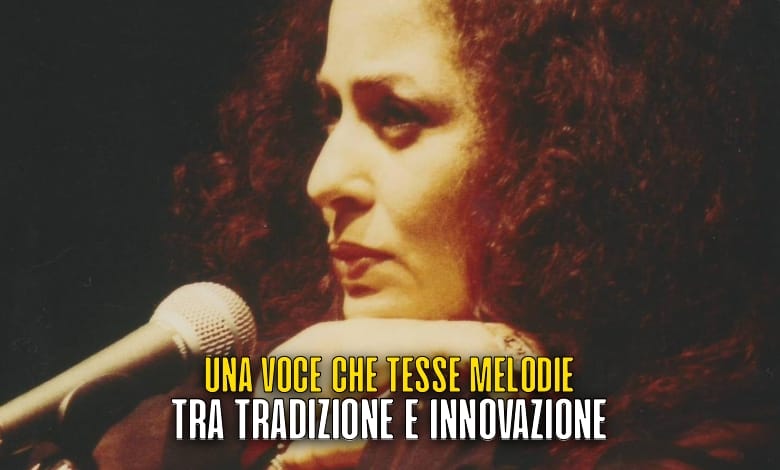Article index
Who is the Griot?
The Griot (or Djèli) was the "official communicator" in the Africa of the West. It was yes a historian, but also a poet, an improviser of the narrative, a musician, an essay, a councilor. The company was traditionally organized in castes. The belonging to the caste of the Griot was handed down from father to son. Being Griot is a question of blood. The art of the word is a matter of blood.
The Griots were real human libraries, guardians of history and tradition. Hence the quotation of the writer Maliano Amadou Hampate 'Ba: "Every Griot who dies, for Africa, is a burn library.
 The Griot was born as a spokesperson for the king at the people and at the sovereigns of the other kingdoms. But he is also a custodian of religious knowledge, and in particular he knows the most consumer propitiatory rites and the "right rhythm" to be played on the various community occasions, ceremonies and anniversaries.
The Griot was born as a spokesperson for the king at the people and at the sovereigns of the other kingdoms. But he is also a custodian of religious knowledge, and in particular he knows the most consumer propitiatory rites and the "right rhythm" to be played on the various community occasions, ceremonies and anniversaries.
Griot travel together with their tools: Kora, Balafon, N'Goni, Sabar and Djembe are the most used. But the tools are not just an accompaniment: they too speak, they dialogue with the Griot itself and with the community he listens. The instrument therefore becomes an "helper" of the master of the word, because it gives it strength and promotes attention and memorization through the rhythm and melodic variations.
The Griot has the power of the word and in Africa the word is sacred: a creative vital force that activates and orders the universe, men and things.
Paolo Novaresio
Let's talk about word handed down orally, unwritten. That's why "vital force". The word handed down orally that passes through the memory, the heart and mouth of a man or woman in flesh and blood and who is renewed every time. We can say that it passes through his life. "Which activates .." because it suggests in which direction to move, in the light of history, of the teaching of the ancestors, of the errors not to be repeated. "That orders the universe .." because as we have the written laws, so in the African tradition the good rules of coexistence and the structuring of social life derived from the voice of the essays, from their precious word, to which everyone referred to orientate The most difficult decisions.
An oral tradition is inevitably a performance:
in fact it is never just the voice that acts in concrete reality.
Anyone who speaks, acting, sounds or stories uses several expressive codes. It uses the word, but also prosody, mimicry, gestures, and rhythm. The oral tradition is therefore characterized by a three -dimensional communication ;; it is essential to the appearance of the execution that makes the message usable and transmissible in a particularly effective and unique way. The repetitive rhythm is like a track on which the word can articulate itself in an orderly and clear way;; it stimulates the artist's creativity and improvisation ability. Repetitiveness creates suggestion, in an almost ritual dynamic, as well as promoting the concentration of the publisher.
(Stefania Adessa, the African fairy tale)
Of course, a fundamental element that gave the Griot the opportunity to pass on their word is the ability of these populations to listen. Not to be passively absorbed by those who bombard you with as many lights and possible sounds, those who promise you profit and more and more quickly. But to stop, stop time and listen to the voice of a man or a woman, accompanied by a repetitive rhythm, sometimes for hours. Because this in West Africa was considered vital, more than profit, more than pride and personal realization.
I imagine then how the Griot would be in our western society: a wise and respectable figure, in charge of inheritance of traveling from school to school, in the square in the square, of office in the office, to tell our story, our traditions And maybe the most beautiful articles of our Constitution and the laws that regulate our living together. And that everyone stopped listening to him for hours when he passes, interrupting in case what they were doing. From a communicative point of view, it would certainly have a different impact in the construction of our personal and community identity compared to reading information on a book or on a screen.
The African societies ascribe extreme importance to communication, both between individuals and between communities and different ethnic groups: the parders, authorized to have "two languages in the mouth", are the agents of dialogue.
Paolo Novaresio
 So the relationship with the environment is biunivocal and it is precisely for this reason that oral tradition can live, spread and stay. That's right, the substance of the facts is not changed, but each griot has its own communicative style and revisited the details of the story with its words and respecting the uniqueness of the place where it is at that moment to tell. It is incredible and unsettling according to our vision of history, that is, the one in which loyalty to a stereotype is required. Within the oral tradition, however, each individual is a potential creator. And the "public" does not expect to hear the same words every time, but indeed believes the constant reinterpretation and renewal of the form. Only in this way can oral tradition live.
So the relationship with the environment is biunivocal and it is precisely for this reason that oral tradition can live, spread and stay. That's right, the substance of the facts is not changed, but each griot has its own communicative style and revisited the details of the story with its words and respecting the uniqueness of the place where it is at that moment to tell. It is incredible and unsettling according to our vision of history, that is, the one in which loyalty to a stereotype is required. Within the oral tradition, however, each individual is a potential creator. And the "public" does not expect to hear the same words every time, but indeed believes the constant reinterpretation and renewal of the form. Only in this way can oral tradition live.
There is no person who cannot sing! The quality of the voice does not care. It is the state of the heart that proves to be of greater importance.
There are certainly professional African singers, but "doing" music is not reserved exclusively for them. Music in Africa belongs to the entire community, because it is never an end in itself but correlated to various collective social needs: to maintain memory, unite individuals, connect men to the spiritual world. All these aspects give the "musical song" the sense of existing.
Life began at the end of the wind path, it started with the word. This is why we don't write our Griot knowledge. I have a grandfather who said to me: if you write my words, put the chains to them. Here the words will no longer live
Ibrahima Diabate (Griot of Mali)
I think there is a little griot in the grandfather who tells the grandchildren the story of his life;; or in the bluesman who improvises a verse of his ballad by putting himself in dialogue with his audience. There is a griot in the preacher who launches a wise message of hope during a religious assembly. But also in the teacher who understands that he had to put in place not only words and knowledge but also other communicative tools and above all his humanity.
In short, the figure of the Griot reflects me on the generating force of the word when he starts from the individual who is within the community, he is at his service, and this in turn is able to listen, he has time to listen, participate and Interacts, in a dialogue that builds safe and fundamental identity and reference points for every human being.
We were born GRIOT, generation after generation, our voice is the same item we transmit. Until the end of life on Earth, until the end of the time, the Griot will not disappear here.
Seydou Diabate (Master of the Word)
Read also the article: the entry that ages







